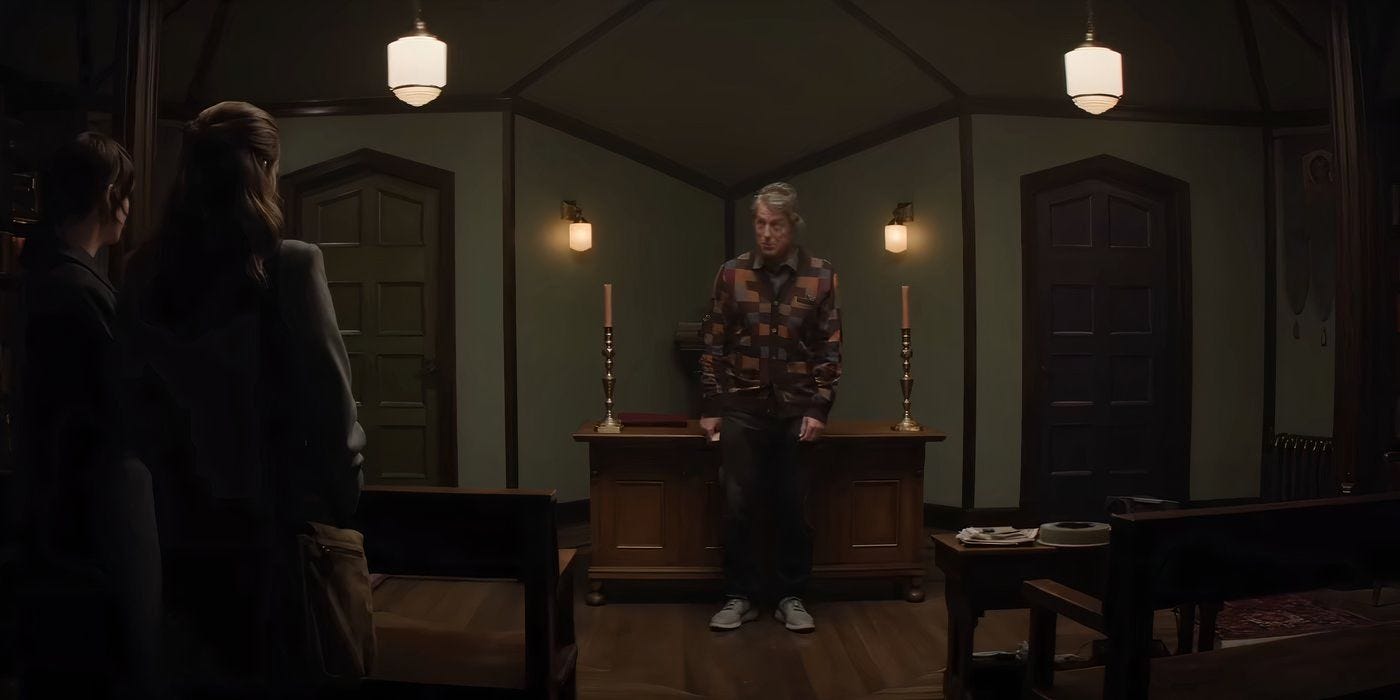In 2009, John answered a question about how to choose between the different stories competing for your attention, and gave an example of one time he didn’t need to choose just one.
I know you have addressed this type of question to a certain extent, but I was left wanting more of an explanation that I hope you can provide. I have four ideas in my head for four different stories. When I start working on one, I think I am making a mistake and I should concentrate on another one. I will then switch and after a little bit of time, I feel the same way that made me move to this story. When you have multiple ideas and aren’t certain which idea is the right one to focus on, how do you resolve that?
— kaz
This will never end. It will continue to be a problem as long as you write. I’m certain that Stephen King, even after umpteen books, wrestles with this problem. In fact, his prolificacy might be a coping strategy; rather than decide which thing to write, he just writes them all.
At this moment, there are no less than fifteen projects competing for brainshare in my head. Five of these are things I’m contracted to write, while the other ten or so are old ideas, recent ideas or things that just occurred to me as I walked up the stairs to my office.
So which projects do I write?
Well, I should write the ones that I’m being paid to write, and more specifically, I should work on the one that is next due. So I spend the bulk of my writing time on the project with the nearest deadline. Honestly, that may not be the project that excites me the most at any given moment. But I’m getting paid to do my craft, so I’m certainly not going to complain.
But what about those other projects, the ones I’m not currently writing?
They’re battling it out in my subconscious, each trying to get my attention long enough that I’ll recognize how worthy it is. Sometimes they’ll even gang up on me: The Nines was three separate ideas that conspired to fit together.
INT. JOHN’S BRAIN – DAY
PRISONER STORY
We’re sort of about the same thing. The difference between an actor and a creator.
HOLLYWOOD STORY
You’re right!
SPOOKY STORY
Hey guys, what are you talking about?
PRISONER STORY
We’re trying to get John’s attention.
HOLLYWOOD STORY
You’re new, right?
SPOOKY STORY
I’m a pilot!
PRISONER STORY
John’s not doing TV.
SPOOKY STORY
He might.
PRISONER STORY
He won’t. Go away.
HOLLYWOOD STORY
Wait! Wait! What if the pilot that they’re shooting in my story is actually Spooky Story?
PRISONER STORY
John likes things in threes. Like Go.
SPOOKY STORY
And what if...
(reeling with excitement)
What if your main character was my main character and also your main character? And we know that because they’re all the same actor.
HOLLYWOOD STORY
Dude.
PRISONER STORY
Quick! Get him while he’s in the shower!Some “old” ideas get written this way. Others simply recede so far back they’re nearly forgotten. That’s okay. You’re not going to become best friends with every nice person you meet. You’re not going to write every good idea you have.
In some cases, simple timing makes a new project suddenly possible. For the Alaska pilot, I pitched it to the network within a week of having the idea. The Remnants was possible only because the WGA strike meant I couldn’t work on any of my “real” stuff.
If you have four ideas, all equally viable, I’d recommend writing the one that has the best ending. That’s the one you’ve thought through the most, and the one you’re least likely to abandon midway. But whatever you do, just pick one and write it without delay. If you have great ideas for your other projects, absolutely take some notes, but don’t switch. Finish what you’re doing, or you’ll have a folder full of first acts.
Are you enjoying this newsletter?
📧 Forward it to a friend and suggest they check it out.
🔗 Share a link to this post on social media.
🗣 Have ideas for future topics (or just want to say hello)? Reach out to Chris via email at inneresting@johnaugust.com, Mastodon @ccsont@mastodon.art, or Threads @ccsont@threads.net




